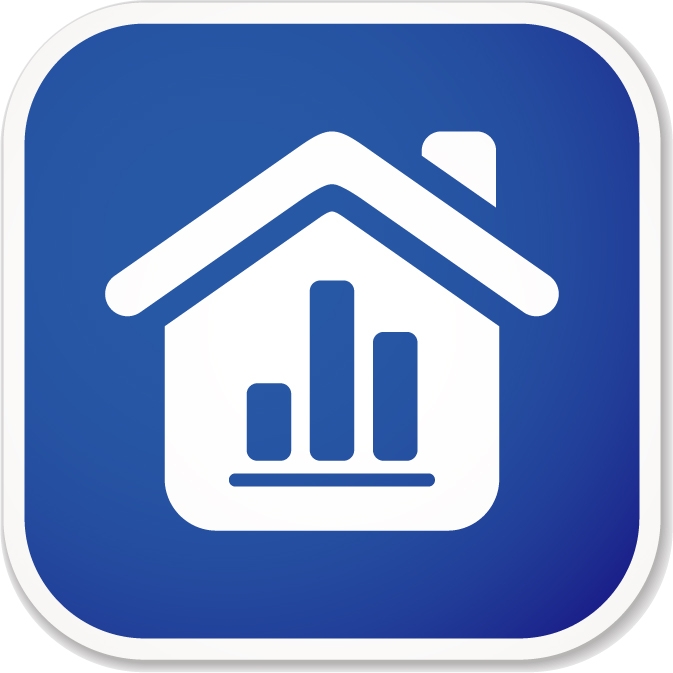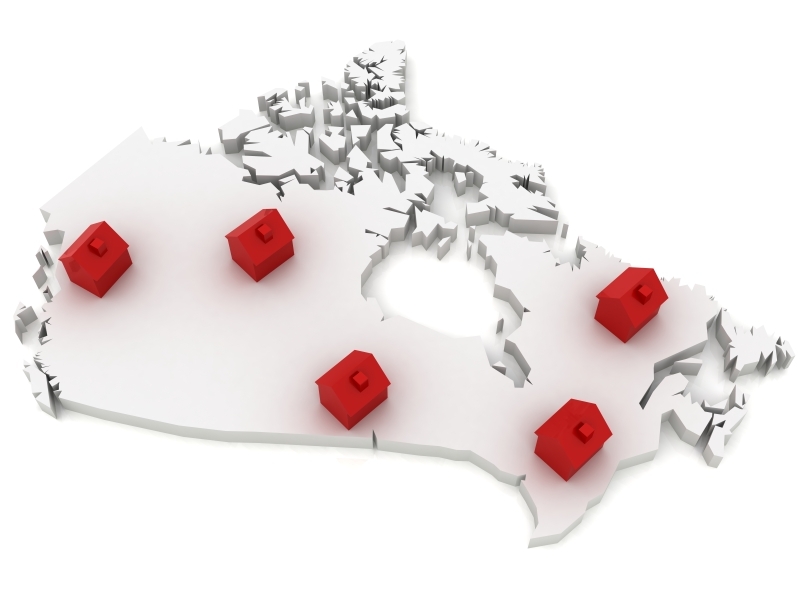Four moves to make when getting ready for your first mortgage.
Step 1: Know What You Want
Should your mortgage be fixed or variable?
Fixed Mortgage Rate:
Enables you to “lock in” a predetermined rate for a set amount of time (term).
Variable Mortgage Rate:
This type of mortgage rate changes monthly according to the mortgage lender’s prime rate. Anyone handling a variable Canadian mortgage rate has to have the ability to manage modifications to their monthly payments.
Open or Closed Mortgage?
If you are not prepared to pay a sizable lump sum in the coming future, typically a closed mortgage would be the best option for you.
Open Mortgage:
An open mortgage is a versatile alternative that enables you to make substantial payments or settle the whole mortgage without a penalty. Open mortgage rates are more than closed mortgage rates. This form of mortgage allows you to settle large amounts of your loan prior to completion of the mortgage term.
Closed Mortgage:
Not too many individuals need the flexibility to settle their best mortgage rate prior to completion of the term. If you have a closed mortgage you are going to be penalized if you try to pay off the loan early and the charge can be rather substantial.
Step 2: Knowledge is Power!
Searching for the best rates can save you money on your low mortgage rate.
Step 3: Speak with a Mortgage Broker
Brokers are able to assist in determining what you will be able to manage, what your options are, and help you through the process.
Step 4: Discuss Your Mortgage
As soon as you have prepared, you are ready to put your mortgage broker to work by having them negotiate a rate.
Take the first step towards homeownership now. Get pre-approved for a low mortgage rate.




